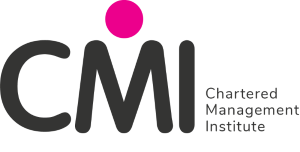Local government plays a key role in delivering services to the public and developing local economies, and its role has evolved in recent years in response to a number of challenges. This report looks at the role of effective leadership and management in helping local government meet these challenges and the obstacles facing leaders and managers in local government.
KEY POINTS
- Leaders and managers in local government consider leadership quality the most important factor (40%) influencing organisational success, yet only two-thirds (67%) think that senior leadership in their organisation is effective.
- The report identifies a number of areas where leadership in local government is falling short:
- Only 45% of leaders and managers felt that leadership in their organisation was effective at attracting talent
- 40% of leaders and managers said that their senior leadership was poor at motivating staff or failed to do so at all.
- 24% of leaders and managers felt that their organisation was poor or very poor at addressing underperformance.
- Although 77% of leaders and managers surveyed said they had undertaken training in 2022, training is largely unaccredited and roundtable participants identified it as an area local government struggles to get right.
- Leaders and managers face a range of obstacles preventing them from doing their jobs as effectively as possible:
- Workforce problems such as recruitment and retention were most frequently mentioned (38%). Almost a third (30%) noted that retention rates had been worse in 2022 than in previous years.
- Around a third of leaders and managers surveyed also cited internal bureaucracy (33%) and financing issues (32%) as obstacles.
RECOMMENDATIONS
- The Department for Levelling-Up, Housing and Communities (DLUHC) should design a comprehensive 10-year workforce strategy for local government.
- The workforce strategy should be accompanied by a funding boost to councils to improve the recruitment and retention of staff at all levels.
- DLUHC should establish a leadership academy to help develop leaders and managers and ensure consistent access to high-quality leadership and management training.
- The workforce strategy should recognise the wealth of experience that can come from those outside local government and create a direct entry system for older career changers with existing leadership and management experience.

DOWNLOAD THE REPORT: PDF
Kindly sponsored by

